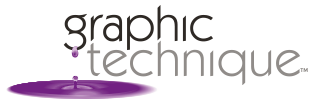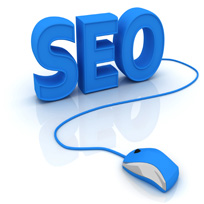SEO…what’s that about?
When you start looking into internet marketing, you start to hear a lot about three little letters…S.E.O. but what do they mean? SEO or Search engine optimization is the process of enhancing website traffic (volume or quality) from search engines through organic (also known as “natural” or un-paid) results.
That’s great, but it sounds complicated, so what can I do about it?
Well, surprisingly enough there is quite a bit you can do to give your site a leg up without spending a ton of money. Now don’t get me wrong, there is a place for the big SEO companies out there. But when you first go online or even if you are just small and want to give your site a boost, there are several things you can do for free to enhance your sites traffic.
First things first, before you even consider starting your SEO, you need to understand your company and your customers. Creating an analog for your ideal customers can help a great deal. Sex, age, geography and socio-economic status are a good place to start. Once you have the basics, it is time to get inside their heads because when you do, you will begin to see your business the way they do and that will help you better communicate and anticipate what they want.
Now that you know yourself and have a better idea of your customers, you are ready to make use of your new found knowledge.
The best way to prepare your site for SEO is to build your pages with keyword density in mind. Even if you plan to hire an SEO company to bring you to the top of the heap, this is where they will start to get the ball rolling so why not beat them to the punch and make them work for the money you plan to spend. Keyword density is a way focusing the content on your site toward using the search terms you know your ideal customers will use when searching for a product or service like yours.
Lets start with your Meta Description and Meta Keywords. These two items are the basis for most everything else you will do. The meta description is a very succinct statement describing your business while the meta key words are a list of the search terms and phrases that you feel will get the most play with your customer base. Meta keywords are widely considered to be useless anymore but entering them here is a good way for you to get everything straight as you develop your content.
Meta descriptions should be no longer than 156 characters including spaces while keywords should be limited to 256 characters including spaces. Google crops anything beyond these amounts so refine your keywords and descriptions accordingly.
Next we will move on to the page title. Make it meaningful to the content on the page and be sure to use the specific search terms or keyword phrases that customers are likely to use related to the information being presented.
From here it gets a bit easier. All you need to do now is write the content for your page keeping your keywords in mind as you do it and making sure that you use keyword rich file naming an descriptions in your included page images.
There are a variety of other things you can do on your own to help the search engines help your business including creating a site map and some simple PR strategies to help increase external links to your site, but I will cove those another time.




